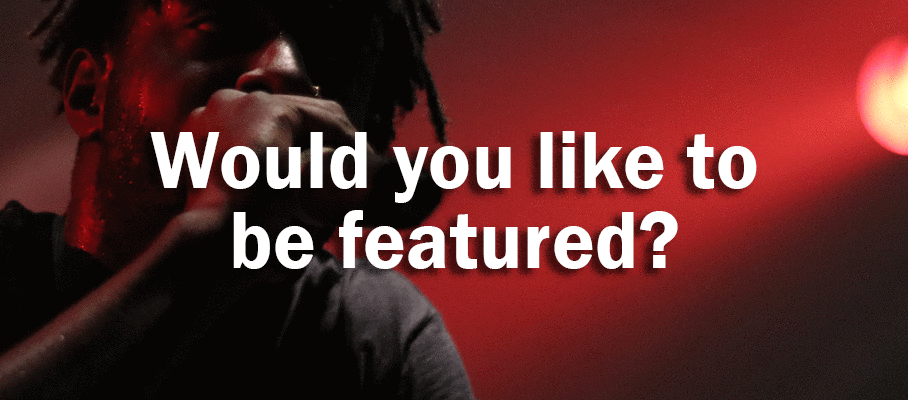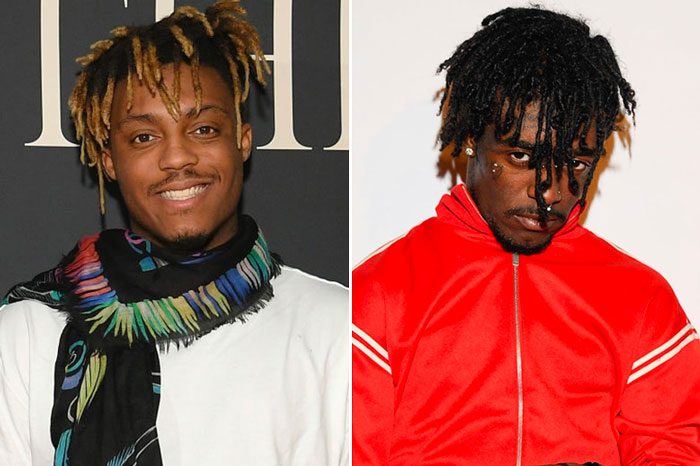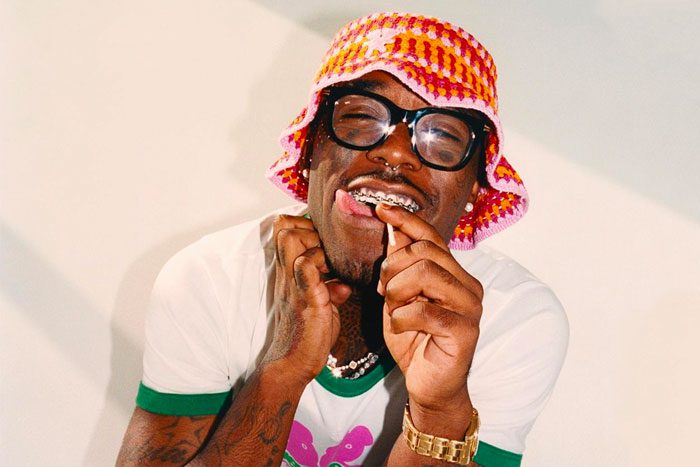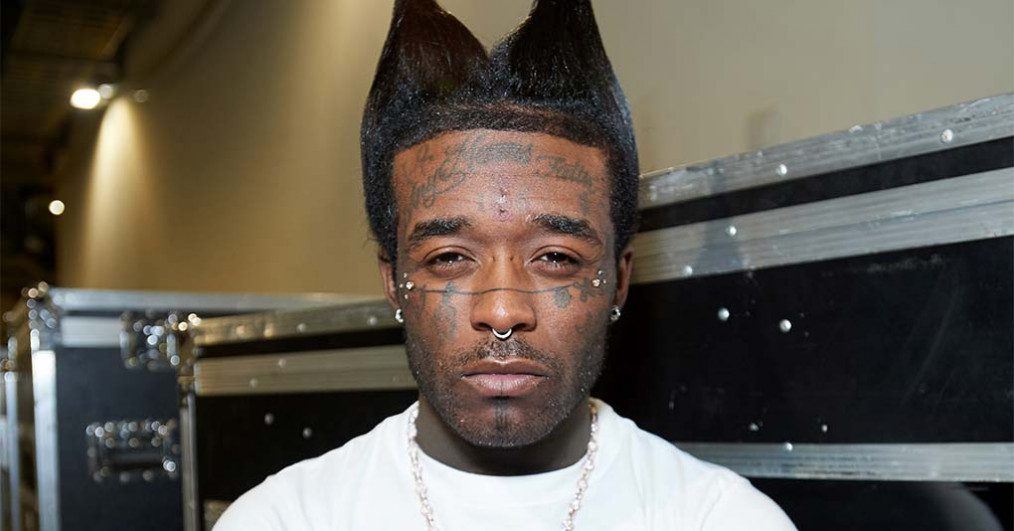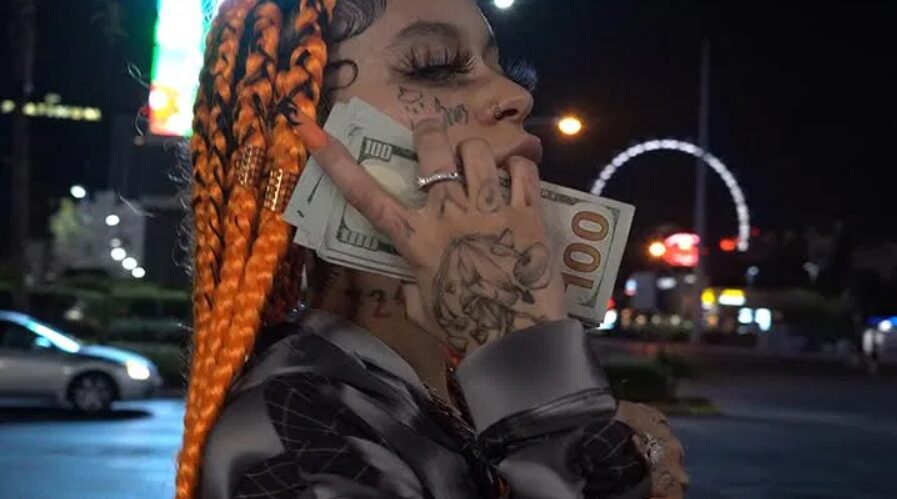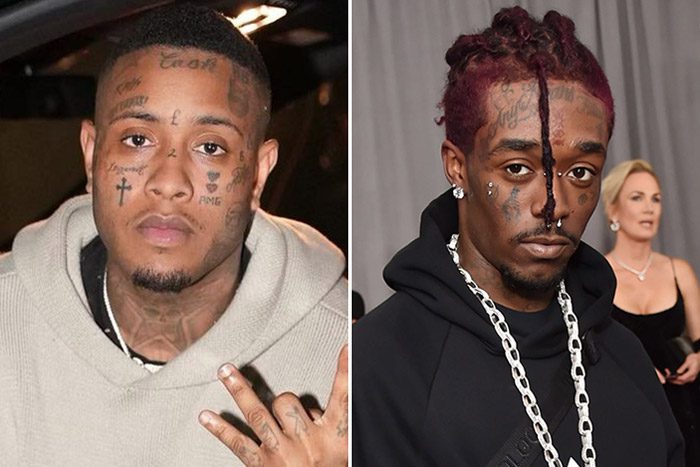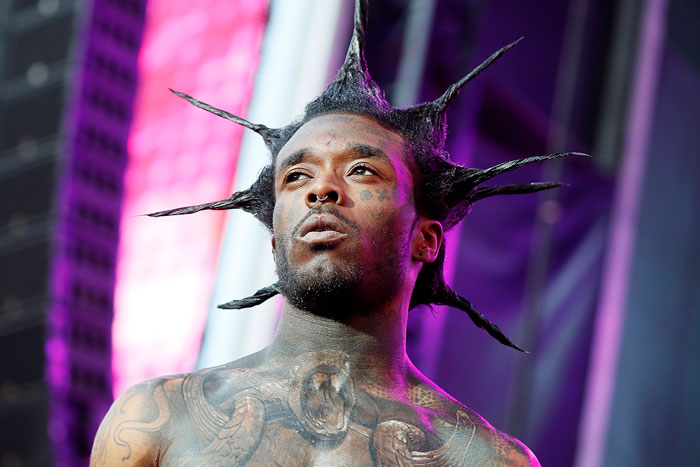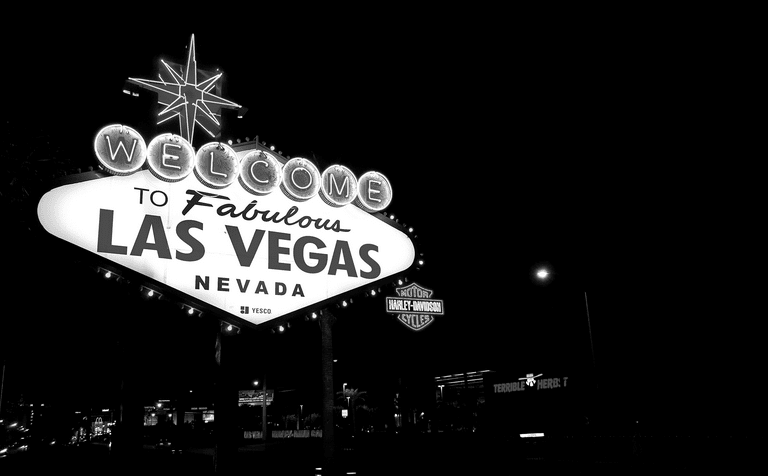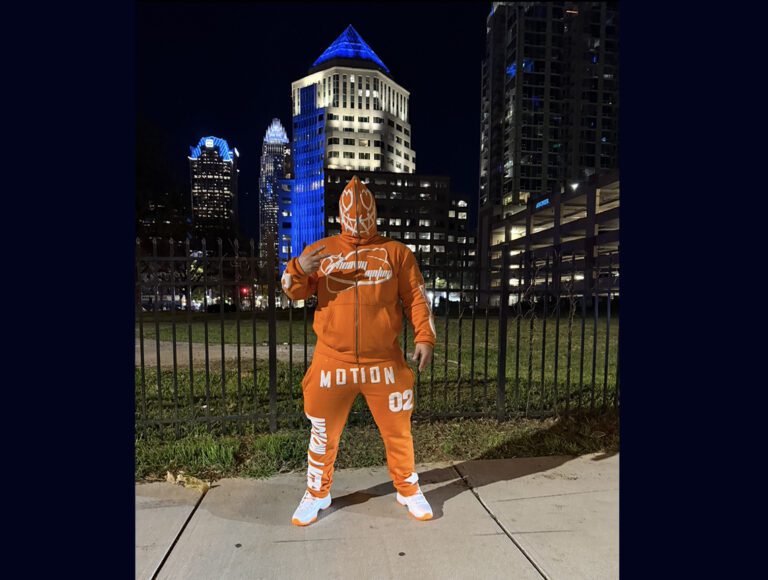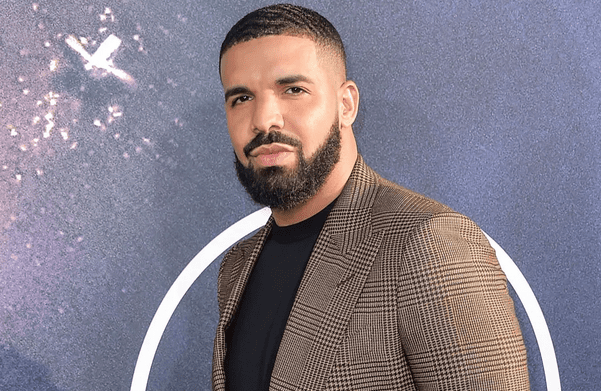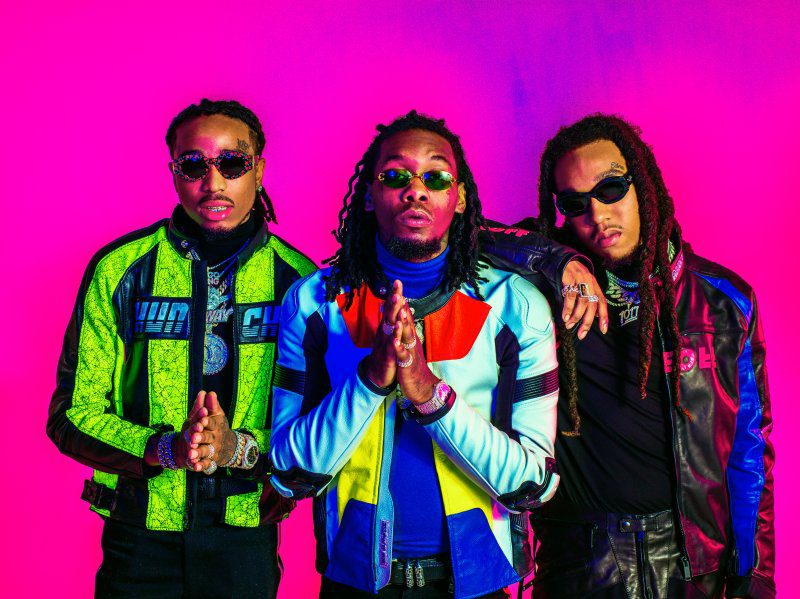
When Philadelphia rapper Lil Uzi Vert was 20 years old, he uploaded a few songs to SoundCloud, a free music-sharing platform. The tracks got a couple hundred plays, then a few thousand. Three years later, on the strength of a moody song called “XO Tour Llif3” and a series of streaming-only mixtapes, the rapper, now 23, has racked up over a billion Spotify streams and nabbed a Best New Artist Grammy nomination.
Lil Uzi Vert’s rise is impressive. But this year, he’s just one in a crowd of hip-hop stars who are dominating the mainstream. Nearly half of the songs on Jan. 27’s Billboard Hot 100 chart were rap or incorporate elements of hip-hop. Listening in the genre increased 74% on Spotify in 2017, and Drake, the Weeknd and Kendrick Lamar were three of the platform’s top five most popular artists. This is a marked change from the past 10 years, when artists like Taylor Swift, Katy Perry and Lady Gaga ruled the charts. In fact, “Look What You Made Me Do,” the lead single from Swift’s latest album, Reputation, fell from the No. 1 spot on the singles chart after just three weeks, dethroned by the rapper Cardi B’s viral hit “Bodak Yellow.” That was quickly succeeded by the downbeat rap of Post Malone and 21 Savage, whose single “Rockstar” topped the Hot 100 for eight straight weeks.
The Grammys are evolving as well. In years past, Album of the Year nominations might nod to one hip-hop work, tokenizing the genre. This year, rap dominated the category, thanks to artists like Jay-Z, Lamar and Donald Glover, who has pushed genres with his musical project Childish Gambino. Three of the five nominees for Record of the Year are also hip-hop, as are three of the five up for Best New Artist, including Lil Uzi Vert.
For fans of American hip-hop, this recognition is long overdue. “It was kind of a ‘Well, duh,’ moment,” says Ross Scarano, Billboard vice president of content. “Rap has been the most dominant force in American culture for years.”
From the seminal 1979 hit “Rapper’s Delight” to the heyday of mid-’90s gangster rap and the pop-rap crossovers of the early 2000s, there has long been an appetite for rap. But it hasn’t always made its way to the masses. The tastes of a few–radio titans and record-label kingpins of the predominantly older, white and male variety–often ruled distribution, and in turn popular success.ADVERTISING
So what changed? It’s now easier than ever for rappers to make music–create a beat on a computer and drop in a voice note and you have the beginnings of a song. Add the power of streaming platforms like SoundCloud, Spotify and Apple Music, which makes it easier for fans to discover emerging voices, and it’s no surprise that hip-hop has been given a new and lasting way to shine. This is not the first time rap has ascended to the mainstream; pop-rappers including Nelly, Ja Rule and Ludacris all enjoyed stretches atop the charts in the 2000s. But the breadth of its impact across metrics both quantitative and cultural now marks a new era, especially after the latest phase of pop-star dominance. “We didn’t change anything,” notes Kevin “Coach K” Lee, one of the founders of revered Atlanta label Quality Control, about why rap is hitting its stride now. “We just kept it real. It just started connecting. Now it’s going to start expanding.”
On the new digital platforms, rap is freed from old-school constraints. “There are no gatekeepers,” says Nick Holmsten, Spotify’s vice president of content, global head of shows and editorial. “When I grew up, you had to be in a band, know how to play a guitar.” Now you just need a touch of technological savvy to make the music–and access to a smartphone to find it. The gatekeepers have been forced to shift their strategies in accordance with what listeners are actually consuming, regardless of its origins. “There’s not a single person today under the age of 25 that looks at music from a genre perspective,” notes Holmsten. “[People are] much bolder in their listening.”

